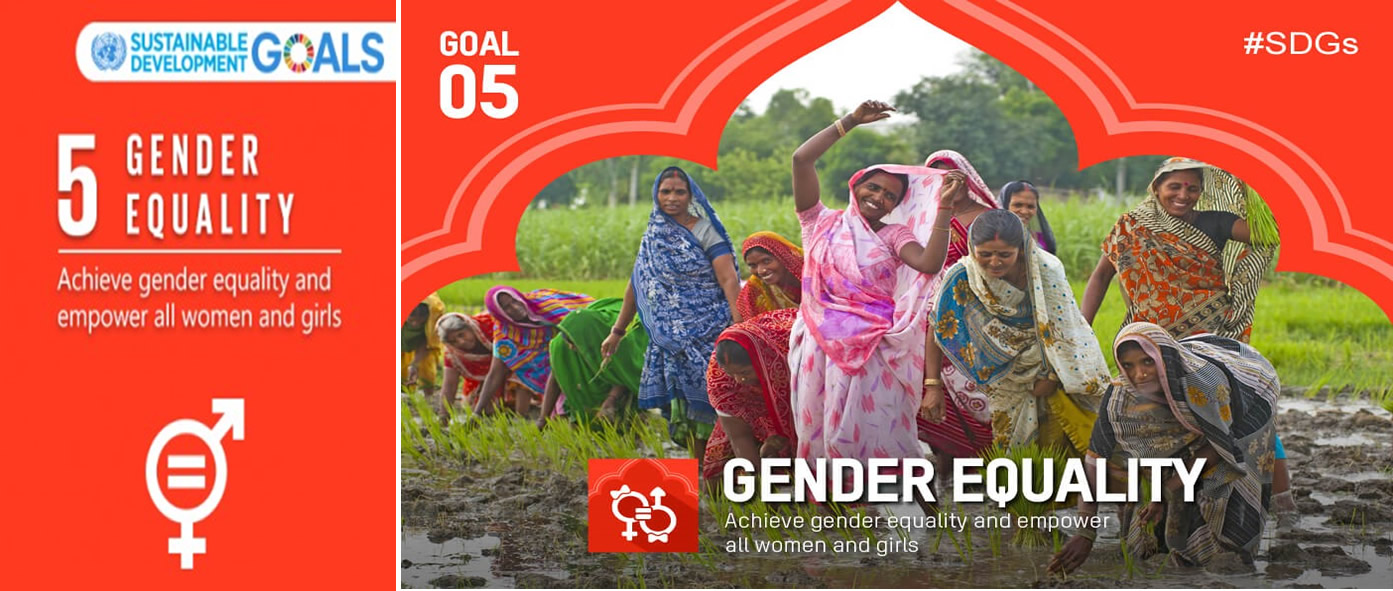Globalisation in the context of women’s economic empowerment reminds me of the modern colloquial term “frenemy” where you are not so sure if someone close to you has good or bad intentions. You cannot completely avoid them and you may actually need them but at the same time, you also know you need to be careful in your interactions due to some bad experiences. Globalisation has positively shaped women’s work yet it has also arrived with its own patterns that are venomous to the women’s movement itself.
What is globalization? Friedman (2005) defines globalization as the inexorable integration of markets, transportation systems, and communication systems to a degree never witnessed before – in a way that is enabling corporations, countries, and individuals to reach around the world farther, faster, deeper, and cheaper than ever before, and in a way that is enabling the world to reach into corporations, countries, and individuals farther, faster, deeper, and cheaper than ever before.
To begin with, globalization has meant the proliferation of different technologies all over the world ad this has had a positive effect on working women’s economic participation. The presence of women in the male-dominated sector of technology has increasingly been felt with some of these women becoming successful tech entrepreneurs. Functions such as networking, advocacy, dissemination and exchange of information, and creative e-commerce have also helped women to market their products globally.
The capitalist nature of globalization has resulted in the removal of economic barriers in the form of the inflow of capital, firms and industrial growth that creates more employment opportunities for women thus enabling them to earn some income. Distance-related work also means more flexibility in location and hours of employment and thus removing some of the constraints facing women.
Globalization has played a huge role in the shifting of perceptions about the working woman from negative to positive. Evidence has also shown that the capitalist drive of globalization has resulted in a greater appreciation of women’s rights. The result has been an increase in the economic participation of women.
Women now, thanks to globalization, have gained better control of their lives and have more power over the choices in their personal lives. Most importantly women now pose greater negotiation power in terms of their reproductive rights. They can choose when to have children and plan their careers more effectively.
However, globalization like all major changes comes with its own pitfalls and does not address all present societal problems. Many women despite globalization have continued to be excluded from the industrial growth process; with some constituting a large proportion of the non-industrial labour force and this phenomenon is more acute in the developing world.
According to Schwab (2017), the fourth industrial revolution comes with grave concerns as it may create new inequalities and this is true for n women as they may be disadvantaged has also made working conditions for all workers, but especially women, more stressful and demanding. Women have consequently been finding themselves having to upgrade their skills in order to be able to work with new technologies or risk joining the race to the bottom.
Another negative trend that is likely to affect women’s future work is that due to globalization women are becoming more independent due to the resulting changes in family life. According to Kynastone (1996) there now exists a double burden where women now have the struggle to meet demanding chores at home, cooking, cleaning and, crucially, caring for children and at the same time be working in the informal and formal sector to provide for their families. According to Kynastone (1996) Coping with a new baby and caring for children as they grow are never easy demands for anyone living in poverty.
Although migration comes with greater career opportunities for women, sadly migrant from the continent are increasingly victim to trafficking, especially for the purpose of modern slavery and exploitation. Due to the lack of effective international mechanisms that regulate and protect the rights of labour moving across national borders both legal and illegal migrants can fall victim to human rights abuses. The social consequences are also dire as these and women are more than often forced to be separated from their families and children as they are employed abroad.
Globalisation is indeed a double-edged sword for women at work in both the formal and informal sectors hence there is need to continue discussions on the global gender agenda to ensure better working conditions for women.
By Karen Whitney Maturure




